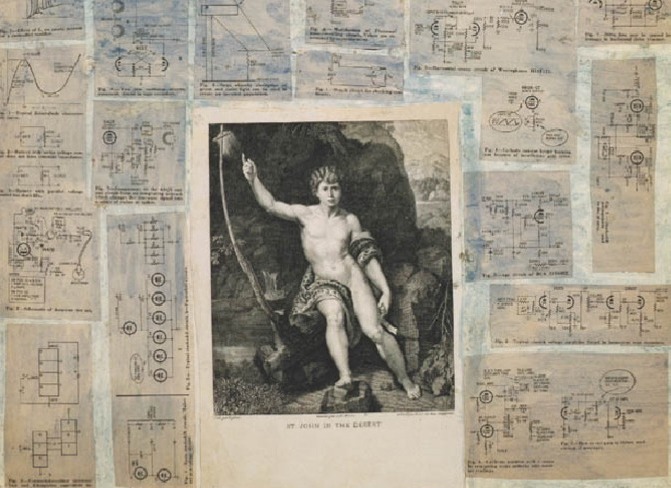Sight Map
Brian Teare
University of California Press, $16.95 (paper)
T. S. Eliot famously declared that poets in the seventeenth century underwent a “dissociation of sensibility” that divorced the mechanism of the intellect from that of feeling. Eliot claimed that “we have never recovered” from this, but our most vital living poets, Brian Teare among them, hope to prove otherwise. Sight Map, Teare’s second full-length volume, finds the poet checking a desire (or anxiety) for mastery over these poems (“It isn’t // mastery I’m after”) and freeing himself from formulaic, expected modes of representation and phrasing in order to explore new sites where emotion and the intellect commingle. Teare relies on Emerson, Hopkins, and Wittgenstein as literary and philosophical touchstones, and these writers and others (even graffiti artists) seem to have been hovering over his shoulder as the poems were composed: “It’s certain // other terms / than my own // I wait for,” Teare admits. Consequently, the work recalls what poet Barbara Guest describes in her essay “Invisible Architecture” as “losing the arrogance of dominion over the poem to an invisible hand.” Teare’s intricately textured language develops symbiotically with thought until the spontaneity of thought is matched in sound pattern, syntax, rhythm: “If I bring / to the banks what nouns I’ve found, // what of it? / Clean of scene they shine // in the mind like fish flick water open, switchblade- / quick: weathervane // horse-cart milk-pail police-tape.” Teare’s vision juxtaposes 21st-century Gnostic pilgrimage, cultural and physical displacement, broken relationships, and the earth sciences, always mindful of the tension between the poet’s call to negative capability and openness to experience on the one hand and aesthetic decision-making on the other: “The walk home / begins as imagery that leaves everything out, / though an image becomes metaphor if / I choose.” Like Teare’s earlier work, The Room Where I Was Born (2003), Sight Map engages the chaos and the dark of our cultural moment while illustrating how inspired thinking and inspired music feed into each other, rewarding us with a “voice / full-throated with noticing.”








